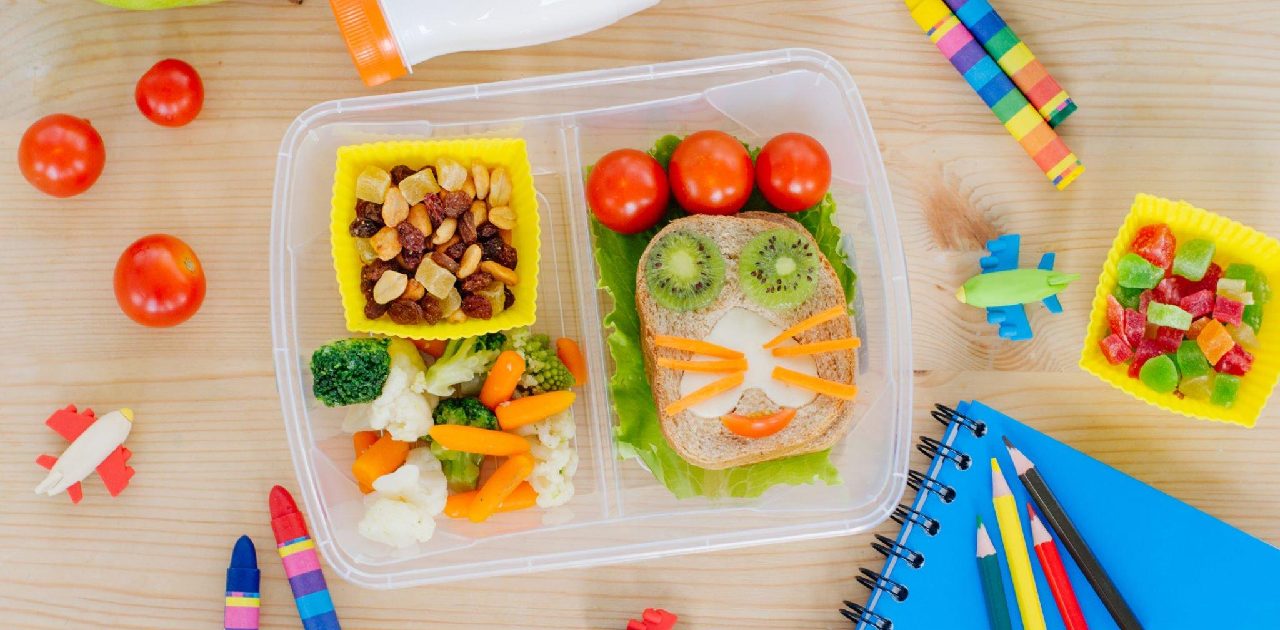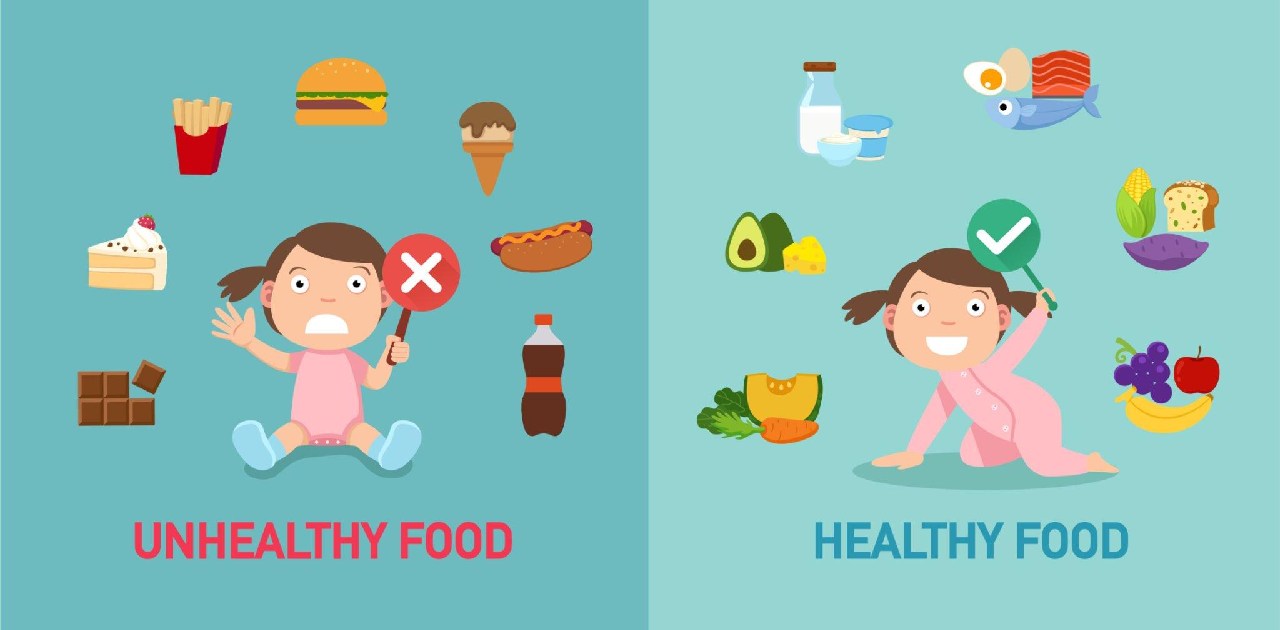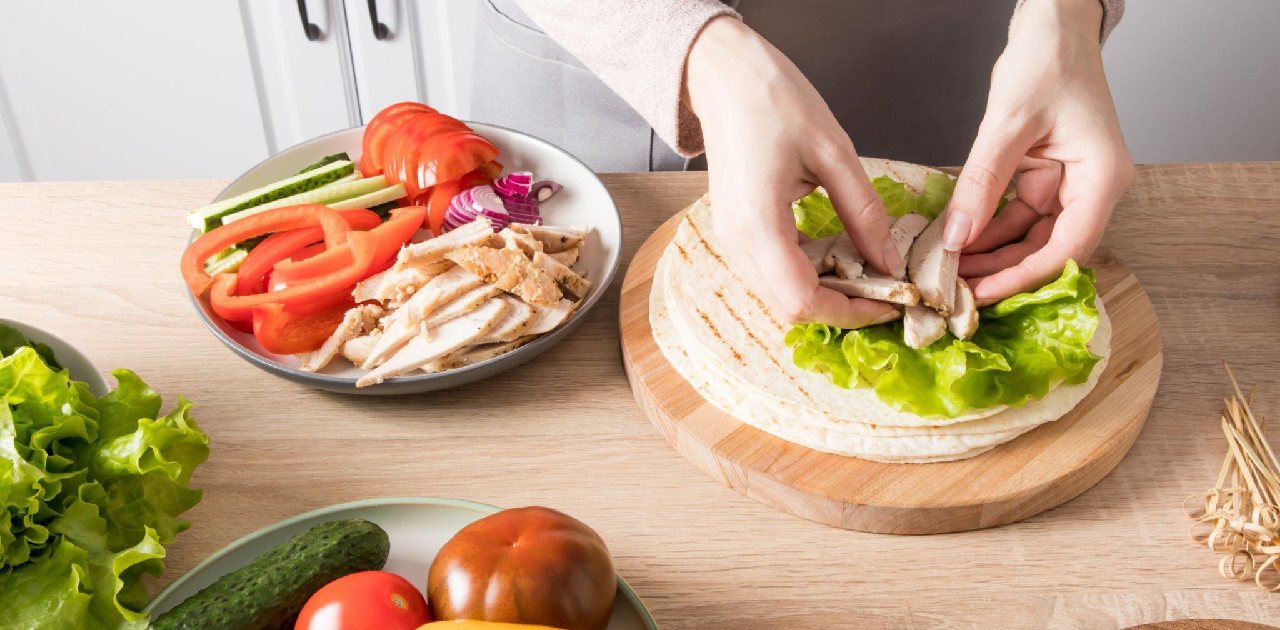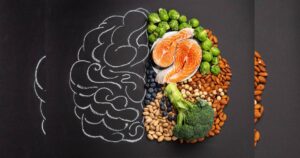As a parent, you want your child to be healthy and happy. One of the best ways to ensure this is by feeding them healthy foods. However, getting kids to eat healthy can be a challenge. The good news is that there are plenty of yummy foods for kids that are both healthy and delicious. In this article, we will explore 10 yummy foods for kids ideas to keep them healthy and happy.
The Importance of Healthy Eating for Kids
Healthy eating is essential for kids to grow and develop properly. Good nutrition provides the building blocks for strong bones, muscles, and organs. It also helps boost the immune system and promotes healthy brain function. A diet rich in fruits, vegetables, whole grains, and lean protein can help reduce the risk of obesity, diabetes, and other chronic illnesses.
Top 10 Yummy Foods for Kids
- Apples – Apples are a great source of fiber and vitamin C. They are easy to pack in a lunchbox or serve as a snack with some peanut butter.
- Yogurt – Yogurt is a good source of calcium and protein. You can add some fruit and granola for a fun and healthy breakfast or snack.
- Sweet potatoes – Sweet potatoes are rich in vitamin A, fiber, and potassium. You can bake them into fries or mash them as a side dish.
- Berries – Berries are packed with antioxidants and vitamin C. You can add them to oatmeal, yogurt, or serve them as a snack.
- Avocado – Avocado is a great source of healthy fats and fiber. You can make guacamole or add it to a sandwich.
- Eggs – Eggs are an excellent source of protein and vitamin D. You can serve scrambled eggs for breakfast or hard-boiled eggs as a snack.
- Brown rice – Brown rice is a complex carbohydrate that provides sustained energy. You can serve it as a side dish or add it to a stir-fry.
- Spinach – Spinach is rich in iron, vitamins A and C, and fiber. You can add it to a smoothie or serve it as a salad.
- Salmon – Salmon is an excellent source of omega-3 fatty acids and protein. You can bake it or grill it for a healthy dinner.
- Whole-grain bread – Whole-grain bread is a good source of fiber and complex carbohydrates. You can use it to make sandwiches or toast.
Creative Ways to Present Healthy Foods to Kids
Getting kids to eat healthy can be a challenge, but there are some creative ways to make healthy foods more appealing. Here are some ideas:
- Make food fun – Cut fruits and vegetables into fun shapes or use cookie cutters to make fun sandwiches.
- Get kids involved – Let your child help you prepare meals and snacks. They are more likely to eat something they helped make.
- Use dips – Kids love to dip! Serve vegetables with hummus or yogurt dip.
- Make smoothies – Smoothies are a great way to pack in fruits and vegetables. You can add spinach or kale to a fruit smoothie for an extra boost of nutrition.
- Offer choices – Let your child choose between two healthy options. This gives them a sense of control and can make them more willing to try something new.
Healthy Snack Ideas for Kids
Snacks are an important part of a child’s diet. Here are some healthy snack ideas:
- Apple slices with peanut butter
- Yogurt with granola and fruit
- Carrots and celery with hummus
- Trail mix with nuts and dried fruit
- Cheese and whole-grain crackers
- Hard-boiled eggs
- Popcorn
- Banana and almond butter
Foods to Avoid for Kids
While there are many yummy foods for kids, there are also some foods to avoid. These include:
- Sugary drinks – Soda and fruit juice can be high in sugar and calories.
- Processed snacks – Chips, cookies, and other processed snacks are often high in salt and unhealthy fats.
- Fast food – Fast food is often high in calories, unhealthy fats, and sodium.
- Fried foods – Fried foods can be high in unhealthy fats and calories.
- Candy – Candy is high in sugar and can lead to cavities and weight gain.
Meal Planning for Kids
Meal planning can help ensure that your child gets the nutrients they need. Here are some tips for meal planning for kids:
- Plan ahead – Take some time each week to plan meals and snacks.
- Include a variety of foods – Make sure that your child gets a variety of fruits, vegetables, whole grains, and lean protein.
- Get creative – Try new recipes and flavors to keep things interesting.
- Make extra – Cook extra and freeze leftovers for quick and easy meals.
- Use leftovers – Use leftovers to make new meals. For example, use leftover chicken to make a stir-fry.
Benefits of Involving Kids in Meal Preparation
Involving your child in meal preparation can have many benefits. It can help them develop healthy eating habits, teach them about nutrition, and give them a sense of accomplishment. Here are some ways to involve your child in meal preparation:
- Let them choose – Let your child choose a healthy recipe or ingredient.
- Give them tasks – Give your child age-appropriate tasks such as washing vegetables, measuring ingredients, or stirring.
- Talk about nutrition – Explain the health benefits of different foods and why they are important.
- Make it fun – Turn meal preparation into a fun activity by playing music or having a cooking contest.
- Praise their efforts – Praise your child for their efforts and let them know how proud you are of them.
Recipes for Kid-Friendly Meals
Here are some recipes for kid-friendly meals:
- Mini Pizzas – Top English muffins with pizza sauce, cheese, and toppings of your choice. Bake in the oven until cheese is melted.
- Chicken Stir-Fry – Stir-fry chicken, vegetables, and brown rice in a wok or large skillet. Add soy sauce and sesame oil for flavor.
- Veggie Quesadillas – Fill tortillas with cheese and sautéed vegetables. Cook in a skillet until cheese is melted.
- Turkey Meatballs – Mix ground turkey with breadcrumbs, egg, and seasonings. Form into balls and bake in the oven.
- Fruit and Yogurt Parfait – Layer yogurt, fruit, and granola in a cup or bowl for a healthy breakfast or snack.
Frequently Asked Questions:
What is a healthy meal for kids?
A healthy meal for kids typically includes a balance of various food groups, such as fruits, vegetables, whole grains, lean proteins, and dairy products. It should be low in added sugars, sodium, and unhealthy fats.
Why is it important for kids to have healthy meals?
Healthy meals are essential for kids as they provide the necessary nutrients for growth and development, support a strong immune system, maintain a healthy weight, and enhance overall well-being. They also promote good eating habits that can last a lifetime.
How can I encourage my child to eat healthy meals?
To encourage your child to eat healthy meals, involve them in meal planning and preparation, offer a variety of nutritious foods, be a role model by eating healthy yourself, make mealtimes enjoyable and relaxed, and avoid pressuring or forcing them to eat specific foods.
Are there any foods that I should limit in my child’s diet?
Yes, certain foods should be limited in your child’s diet. These include sugary drinks, processed snacks, fast food, fried foods, sugary cereals, candy, and excessive amounts of high-fat and high-sodium foods. Moderation is key when it comes to these items.
How can I ensure my child is getting enough fruits and vegetables?
To ensure your child is getting enough fruits and vegetables, offer a variety of options throughout the day, including fresh, frozen, or canned options. Incorporate them into meals and snacks, and be creative by adding them to smoothies, salads, or homemade soups. Setting a good example by eating fruits and vegetables yourself can also encourage your child to do the same.
Can I give my child healthy snacks between meals?
Absolutely! Healthy snacks can help provide essential nutrients and keep your child satisfied between meals. Opt for nutritious options such as fresh fruits, cut vegetables with hummus or yogurt dip, whole grain crackers with cheese, nuts, or homemade trail mix.
Should I be concerned if my child is a picky eater and refuses healthy foods?
Picky eating is common among children, but it’s important to continue offering a variety of healthy foods even if your child refuses them at first. It may take several exposures to a new food before they are willing to try it. Be patient, avoid pressuring them, and continue to provide a balanced diet. If you have concerns about your child’s eating habits, consult with a healthcare professional.
Are there any specific nutrients that are important for children’s growth and development?
Yes, several nutrients are crucial for children’s growth and development. These include calcium for strong bones and teeth, iron for healthy blood cells, vitamin D for bone health, omega-3 fatty acids for brain development, and a variety of vitamins and minerals found in fruits, vegetables, and whole grains.
Conclusion
Feeding your child healthy foods is essential for their growth and development. Fortunately, there are plenty of yummy foods for kids that are both healthy and delicious. By getting creative, involving your child in meal preparation, and making meal planning a priority, you can help your child develop healthy eating habits that will last a lifetime.







